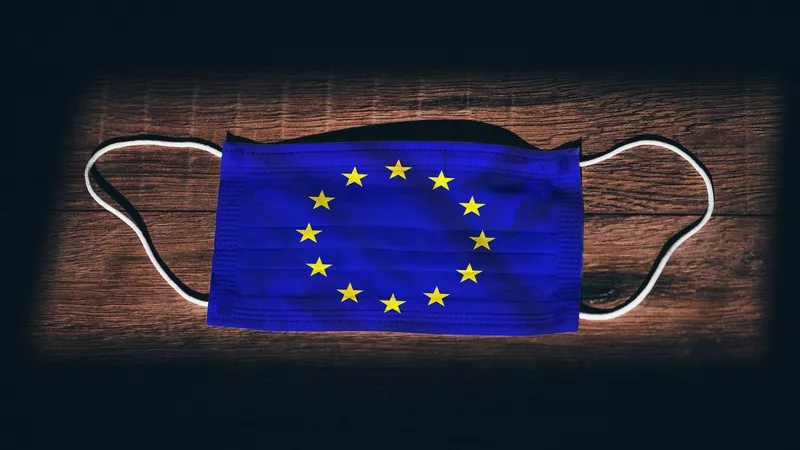Progress is being made towards implementing clean transport technologies and alternative fuels, according to a new Cleaner Transport report from
The report also found an increase in the deployment of biofuels for road transport and that softer measures to encourage passengers to adopt lower-emission options are leaving to CO2 reductions.
The Cleaner Transport report collected outcomes from over €2.8 billion worth of clean transport research and innovation projects throughout Europe with a focus on five priority areas: alternative fuels; modal shift; electromobility; low-emissions logistics; vehicle design and manufacture – aviation and maritime; vehicle design and manufacture – road and rail; automation and modern infrastructure.
Recommended areas for future research include expanding alternative fuels beyond passenger cars to shipping and aviation as well as a focus on how autonomous driving can support cleaner mobility.
Gareth Horton, TRIP lead analyst said the report “reveals areas where technology and policy development are leading to multi-modal emissions reduction, including in passenger cars, public transport, shipping and air travel. It also suggests directions for Europe’s researchers and policy makers to focus on, to unlock the full benefits of clean and sustainable transport.”
European Commission: progress in Europe towards clean technology and alternative fuels
Progress is being made towards implementing clean transport technologies and alternative fuels, according to a new Cleaner Transport report from European Commission, funded by Transport Research Innovation Porta (TRIP). The report also found an increase in the deployment of biofuels for road transport and that softer measures to encourage passengers to adopt lower-emission options are leaving to CO2 reductions. The Cleaner Transport report collected outcomes from over €2.8 billion worth of clean transport
October 5, 2017
Read time: 2 mins








